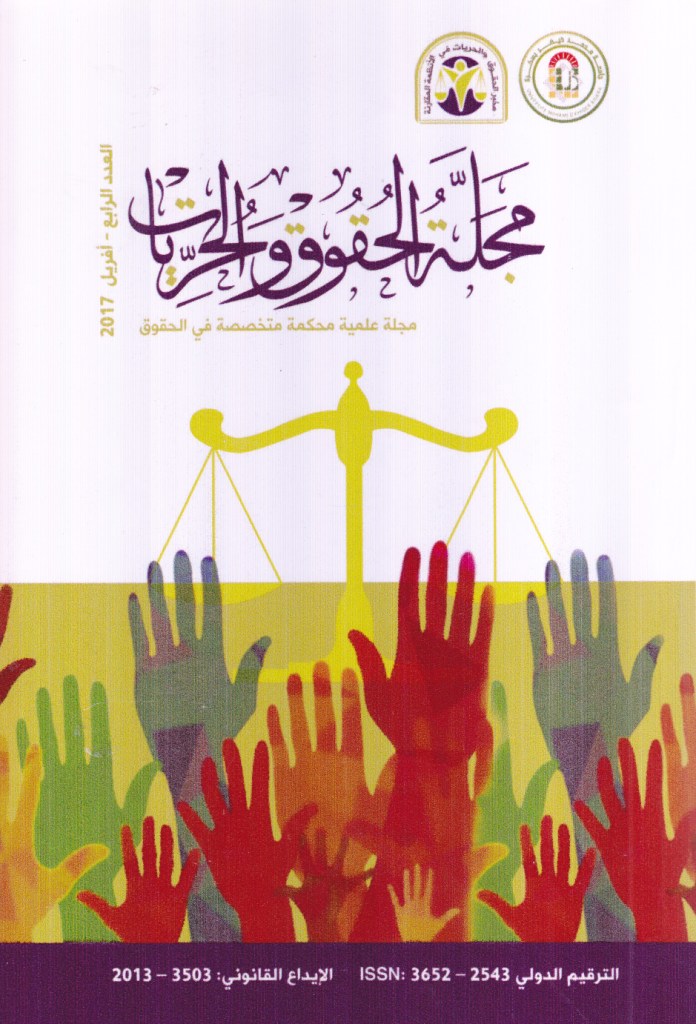دور الجمعيات في حماية المستهلك
Résumé
الملخص:
إن التزايد الكبير للإنتاج في جميع المجالات بفعل التطور الحديث، أمر سهل للفرد الحصول على كل ما يحتاجه، ولكن هذا قد يجعله عرضة للعديد من المخاطر التي تحملها هذه المنتجات نتيجة للغش والتضليل الذي يقوم به المروجون لتحقيق أهدافهم، دون مراعاة للقواعد القانونية والأخلاقية، فقد أضحت تشكل خطرا محدقا وحقيقيا على المستهلك، سواءا على صحته أو سلامته أو مصالحه المادية، بحيث تحولت إلى مصدر مسبب لأضرار كثيرة تتعدى إلى أفراد آخرين وليس المستهلك فقط، نتيجة عدم خبرته أوسوء إختياره، ونظرا لعجز وقصور القواعد العامة عن توفير الحماية الكافية، فقد جاء القانون رقم 09/03 المتعلق بحماية المستهلك الذي نص على إجراءات ووسائل قانونية لقمع التصرفات المضرة بالمستهلك وضمان حياة أفضل له، والتي من بينها جمعيات حماية المستهلك.
Abstract
The significant increase of production in all fields by modern development is a matter which facilitated having all what the individual needs, however, this my make him face many risks which these productions carry out as a consequense of froud and misin formation which sellers adopt to reach their gools with out considerig the legal and ethical rules , it started to make up a real thrreat on the consumer either safety or his financial benifits , soit becomes a sovrce of causing a lot of damages to other individuals not only the consumer, as a cosequence of non_ experience and mischoosing, due to the inability of the general rules to provide adequate protection, low09-03which has relation ith protecting the consumer, and which consisted of procedures and legal means to prevent harmful behaviours on the consumer, and to guarantee better life for him.
So to which extent can consumer protection association provide the necessary and adequate protection for the consumer.


